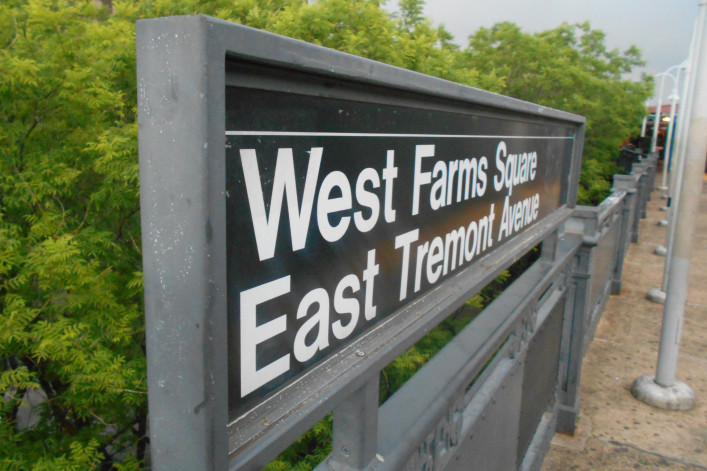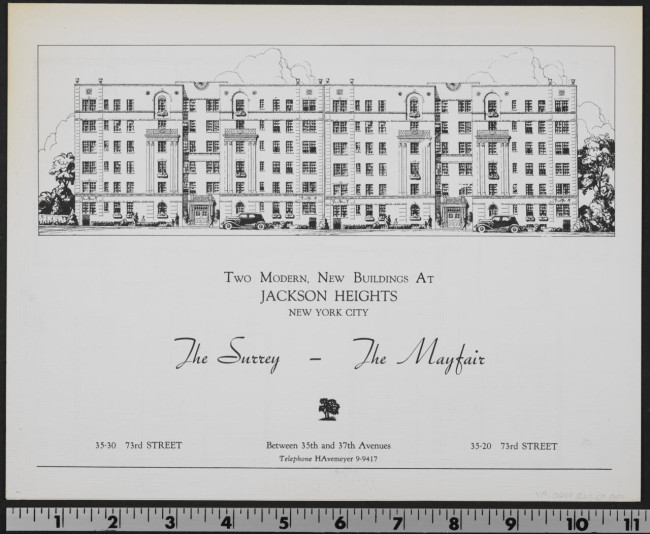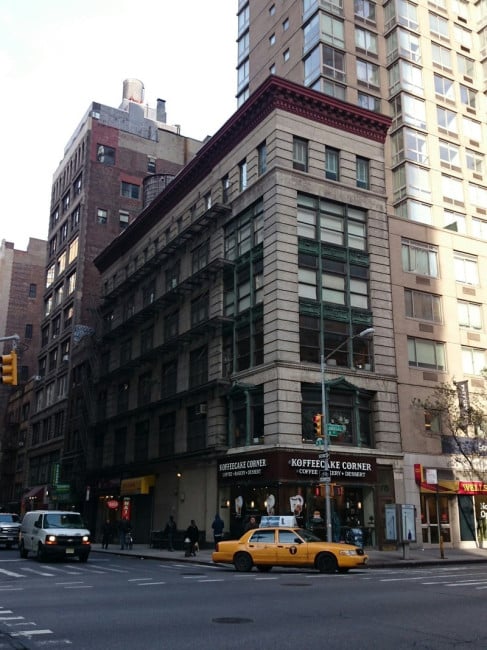My co-op board interview: I bought two times in one year and got very lucky

A low maintenance fee was a priority for Ann Huynh, who believes luck played a big part in her successful interview at a West Farms Square co-op in the Bronx.
A board interview is the final step to approval when buying a co-op unit in New York City. In this series, New Yorkers tell Brick Underground about their experience with the interview process, what worked and what didn’t—and what others can learn. This week, Ann Huynh, shares her experience buying two co-ops, one in New Rochelle and one in the Bronx. For Huynh, the priority was low maintenance fees and she believes a lot came down to luck when she bought her co-op in the city.
What appealed to you about the co-op in the Bronx?
I bought it because I was looking for a convenient location, near the train station and it had two bedrooms because I live with my parents. At first, I bought a co-op in New Rochelle and then my parents and niece came to live with me. The board said we could not have more than three people living there, so I had to move out. I needed to find a two bedroom and it had to be affordable with low maintenance.
Was there a difference between the two co-op interviews?
The first co-op required a lot of reference letters and I had to prove my financial status and whether I am a good neighbor, will not make noise and will keep the apartment clean. They asked whether I had parties often or not. It was an informal talk so it was not so difficult but, of course, for my first apartment, I was very nervous.
For my second one, I didn’t know they were interviewing me on that day. I thought I was going to submit the packet only, but the interview had been arranged. Both interviews were informal conversations. The first one was just the president, and the second building there were three people but they were very nice.
What was the biggest challenge for you?
For the first co-op, there was a long waiting time. You had to submit the packet on the 5th of the month and then interviews were on the first Friday of the month, so it’s a long process with a long time to wait. During that time we needed a place to live. That was difficult. The first one took me five months, the second one was shorter, about four months.
How did the interview go?
Actually, the board was very nice so the interview was not so difficult for me. You have to be prepared with the application. I had to type the co-op packet and print out all the information to show I had strong finances and then I had to pass the interview. They wanted to know how many people were living with me.
What did you learn from the process?
As long as you have a good income you will be fine, and as long as you are a good neighbor, everything will be fine. I don’t know if they read my reference letters. My life is pretty simple. I don’t smoke, I don’t really party. The first building doesn’t allow smoking. Many buildings are not pet-friendly, but I don’t have a pet.
A lot of it comes down to luck. Good luck is an important factor. Like, for the second apartment, I had a problem with a light in the kitchen and people just come—the maintenance guys and management board are supportive and helpful. I have nice neighbors. I think the value of the property has gone up, which is very lucky.
Before I bought my first apartment I put in an offer and was not successful on another unit, but I was lucky because on that one, the purchase price was low but the maintenance was high. You need to be an optimist when buying a house. Maybe the one you cannot buy is a good thing. Sometimes you should not be disappointed because you cannot buy the house.
You Might Also Like





























